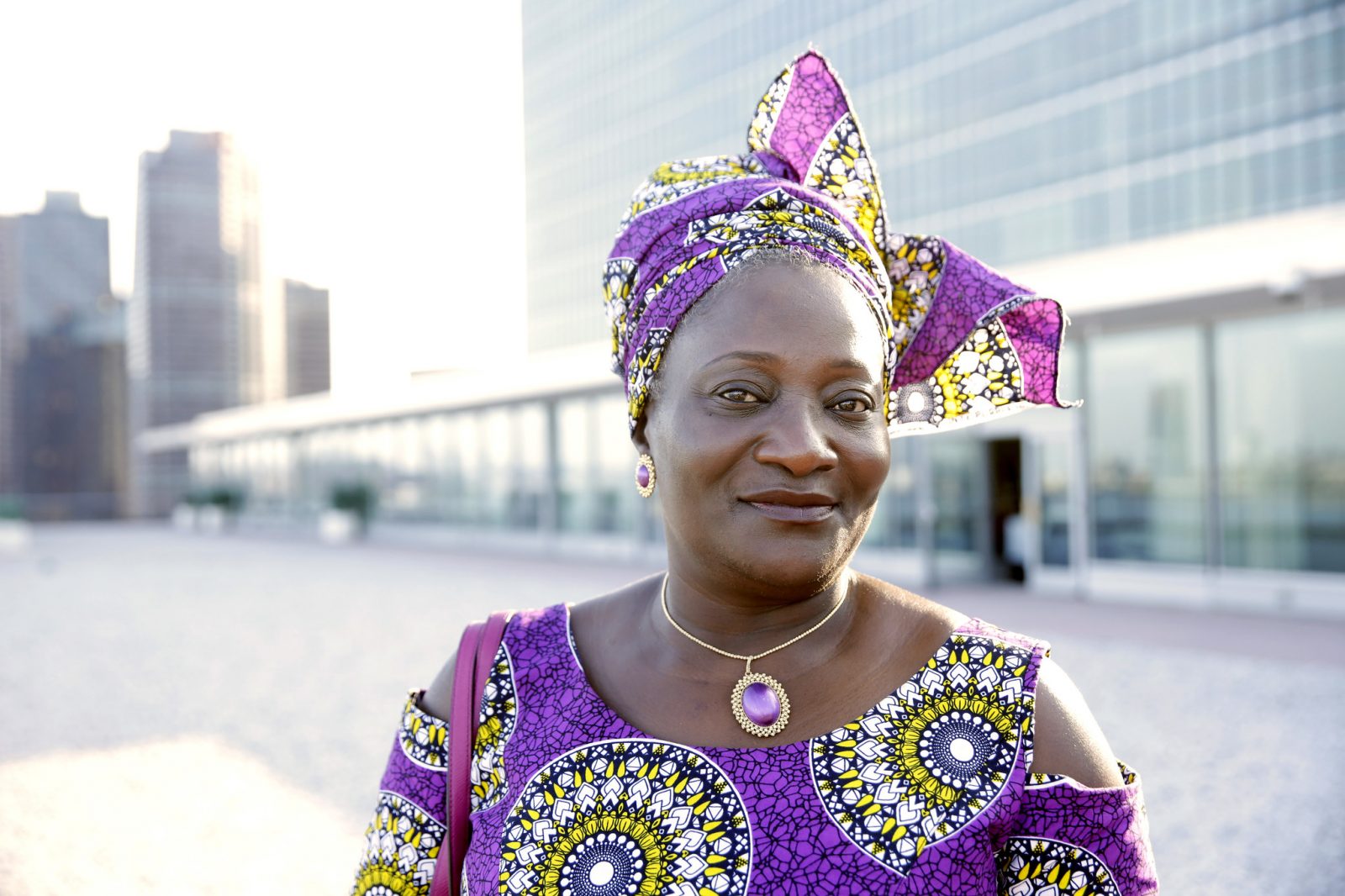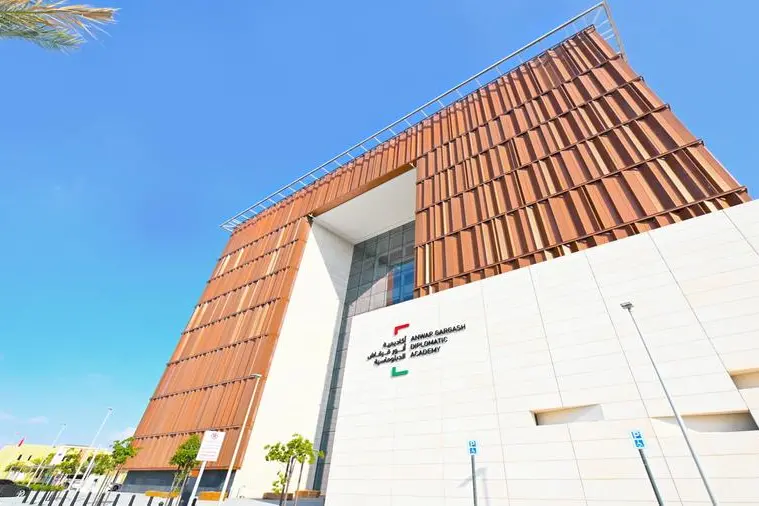ACCORD, in partnership with United Cities and Local Governments – Africa (UCLG-Africa), African Local Governments Academy (ALGA) and Network of Locally Elected Women of Africa (REFELA), conducted two three-hour training of local government stakeholders within the REFELA network. One training was in English, while the other was in French. The English training took place on Monday, 7 June 2021, and the French training took place on Tuesday, 8 June 2021, both of which were via Zoom. Alison Lazarus was the English trainer and Oury Traore the French trainer.
Ms Lazarus’s training mainly focused on the importance of conflict analysis. She said that the first step to managing conflict is understanding which level of violence one’s country or city is at. Participants were put into groups to discuss which level they would categorise their own countries. Ms Lazarus explained that this same national level analysis can also be applied to local level conflicts. She explained this analysis is important because if you mismatch the intervention with the level of the conflict, one risks bringing peacebuilding interventions into disrepute, which in turn causes complications to conflict management. In any conflict, local government stakeholders operate across levels, as impact of conflict weaves throughout society in different ways. Ms Lazarus further explained that peacebuilding in a multi-track approach, so one of the main challenges of peacebuilding is cohesion and coordination to ensure actors are pulling together in the same direction. This makes communication a key aspect of conflict management skills in leadership.
Ms Traore’s training focused on interest-based and problem-solving approach to negotiation and mediation. She explained that this approach encourages the exploration of the interests of all parties, so that innovative options can be developed to address the concerns and aspirations of the parties. Unlike power or rights-based approaches, interest-based negotiation tends to be less expensive, allowing for a more sustainable and integrated win-win solution to the problem. This training session was also aimed at increasing an understanding of the negotiation process when mediating conflict resolution. Insight was given into strategic concepts, methodologies for keeping control of complex negotiations and negotiating styles. Ms Traore’s session was very participatory and involved many insightful questions and remarks from the participants, which included questions about the role that women can and should play in mediation, as well as the obstacles that women are likely to face as mediators.
Addressing and managing conflict at a local government level not only mitigates the potential for violence in those immediate urban localities, but also can prevent local conflicts from escalating to larger and intractable conflicts. To this end, the training aimed to deepen knowledge and understanding of conflict management approaches and skills. Capacitating cities and local government stakeholders with the skills and knowledge to manage conflict is a proactive measure that will support their efforts to prevent and mitigate conflicts that may arise in these increasingly densely populated urban environments.
In light of the growing peace and security threat of rapid urbanisation, this training session was conducted in line with ACCORD’s commitment to strengthen local and national capacities for peace, as a means to both prevent and mitigate conflict on the continent.









